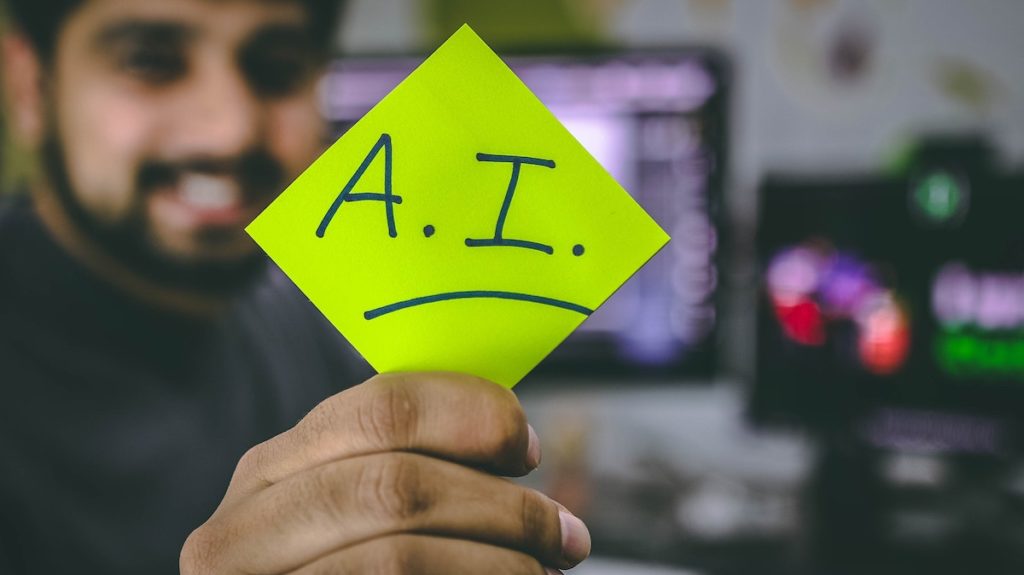The term ‘artificial intelligence’ or A.I. used to be a scary, science-fiction-y term that conjured up images of extremely smart computers and murderous androids. Today, however, it’s one of the most ubiquitous technologies that allow us to do pretty much anything and everything in the modern world.
Despite the fears of latter decades, current A.I. isn’t really something to fear; mention ‘self-driving cars’ to someone in the 80s and they’ll shudder at the idea of an android-driven truck plowing through humans.
In modern times, however, self-driving cars are a reality, albeit a buggy, semi-functional one. Not only are murderous robots and genocidal computers nigh impossible (for now), we can’t even build an AI that can reach that level of cognitive thinking and planning if we tried. At least, not yet anyway.
Surprisingly, the AI that we have built is doing the exact opposite of what Terminator and 2001: A Space Odyssey would have us believe: AI tech innovations in health care are helping doctors map out the genomes of dangerous diseases, AI tech is helping car manufacturers create safer cars, and AI is also one of the driving forces in creating some of the most entertaining video games and movies.
What Is the Human Benchmark?
Artificial Intelligence still has a long way to go before it reaches Blade Runner-esque levels, but just like the film, scientists over at New York University, DeepMind, and the University of Washington are developing tests for future AI to overcome, called the human benchmark.
These ‘human benchmarks’ are a series of tests and achievements that scientists are setting for AI to reach, with the theory being that, should a particular piece of AI reach the human benchmark, it would have achieved a level of intelligence not that far off from an actual human.
But how did they accomplish it, and what does extremely smart and extremely efficient artificial intelligence any use to businesses and companies?
Breaking the Human Benchmark: SuperGLUE and Artificial Intelligence

One of the latest additions to the various human benchmarks that scientists are building is called the SuperGLUE, a new human benchmark level for AI that’s based on how well a machine traverses a series of diverse language tasks. Working off of the back of the GLUE benchmark, which was designed back in 2018, SuperGLUE seeks to add a new layer of complexity to AI in the hopes of meeting –and possibly exceeding –various human benchmarks.
Prior to the introduction of SuperGLUE, the most advanced AI’s currently in development was lagging behind human benchmarks by at least 20 points. After the introduction of SuperGLUE, however, two AI models, Microsoft’s DeBERTa and Google’s T5 + Meena, were able to improve their neural networks in such a way that they were able to surpass human benchmarks, marking the first time that an AI was able to do so.
At its most basic sense, SuperGLUE –as well as other human benchmarks out there –works by training AI to understand human language. Human language is, perhaps, one of the most complex processes that we as a species have developed: language allows us to express thought, emotion, and even implant it into other people. Most of our civilization was built using language, and in the modern world, even computers and AI rely on some form of written language.
Creating an AI that can understand and respond to human language has been the goal of scientists for almost a century, and while the going is slow, programs like SuperGLUE are proving that, while the human benchmark is high and hard to beat, it’s not an impossible mountain to conquer.
What Breaking the Human Benchmark Means for Business
Supersmart artificial intelligence? Deep learning? Neural networks? What does that have anything to do with business and commerce? Well, turns out, quite a lot.
With the introduction of the internet to modern society back in the mid-80s to early 90s, it has become one of the most important technologies we had ever developed. In fact, it’s probably safe to say that, without the internet, modern society as we know it today would simply not exist.
The advent of the internet ushered in a golden age of information that is generating so much data that the average human –or even, a conglomeration of humans –would take multiple lifetimes to sift through and categorize even just a small percentage of that data. Think of it this way: the data entry jobs that a single AI model can handle are incomparably gargantuan compared to what an entire team of humans can do.
And all of that data is essential for any business that wants to thrive in the 21st century: from evolving customer preferences and client databases to the creation of complex commercial models and market predictions, processing data is crucial for the survival of the modern company.
Enter Artificial Intelligence. AI allows businesses to sift through all the data in a snap, allowing them to categorize and make sense of this data and applying it to their business practices. AI programs that meet or exceed the human benchmark would be an immense boon to any corporation that is able to use it, not only because of its accuracy, but also because of its speed and efficiency in sorting through extremely complex data points and generate actionable insights (like product launching strategies or predictive market effects) from the information that has been gathered.
Programs like SuperGLUE is allowing various AI models to break human benchmarks, allowing companies access to extremely powerful tools that will allow them to understand their customers and respond to their needs in a better, more effective way. Thus, earning their loyalty and repeat business.
The implications of extremely smart, human-like AI are exciting for pretty much any industry, including your business. And that’s always a good thing.



